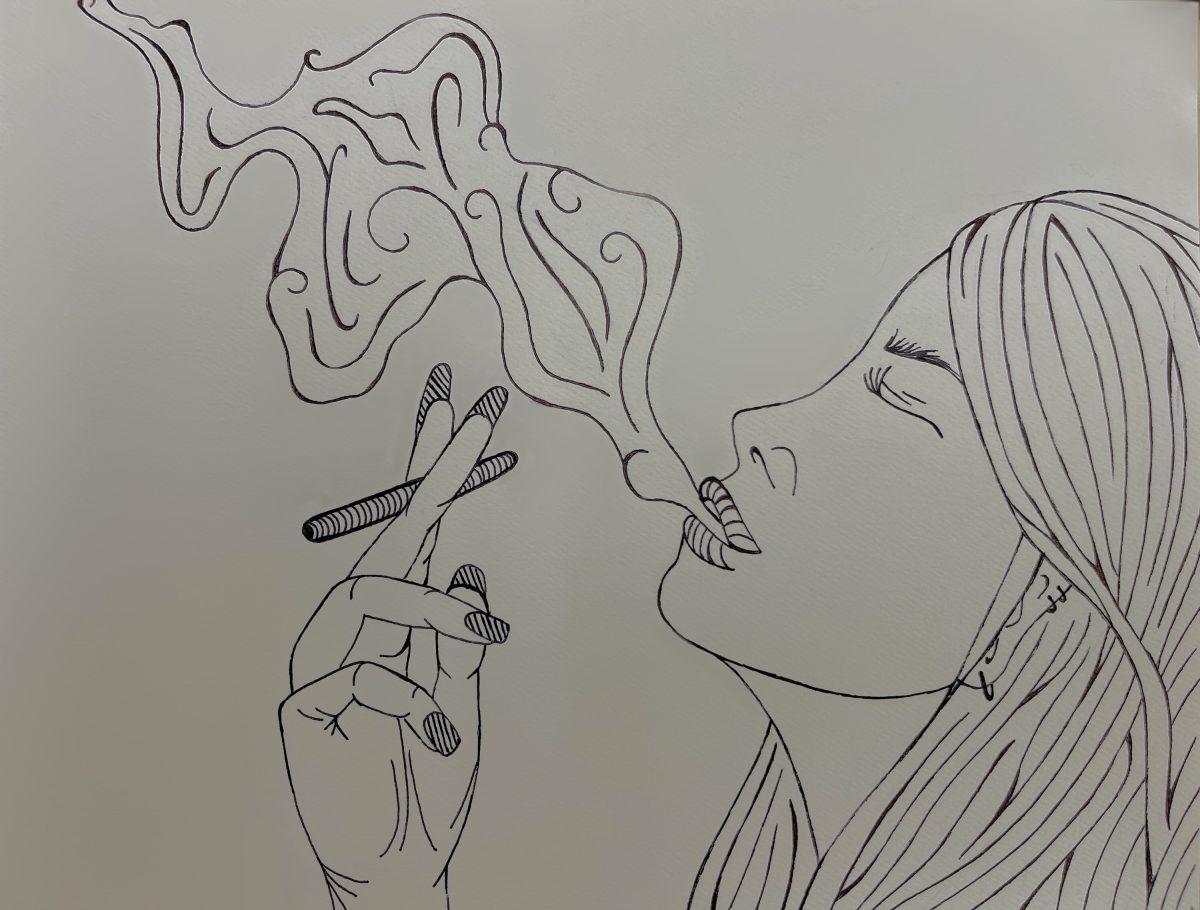The walls are plastered with educational posters, the whiteboard sparsely covered in colorful scrawl, and the tables arranged into a rectangular formation. The classroom is quiet except for the periodic whispers amongst students and the occasional shuffling of papers.
These students are enrolled in the Special Education program and are among the 103 San Marin students who receive some degree of special education services. NUSD’s policies state that “a student may qualify [for these services] as an individual with special needs in one of thirteen areas identified by the Individuals with Disabilities Education Act.” These areas range from physical to learning disabilities, and students are involved in Special Education to varying extents.
“You never know who has an [Individualized Education Plan], and you never know who in your class might be in Resource,” Special Education teacher Stephen Lamott said. “They might have very little disability but [it] still affects them. What qualifies a student for Special Ed isn’t about being smart or not smart. It’s about needing a little extra help.”
Lamott’s teaches four periods of “differentiated” instruction classes, which are based on the California Common Core standards, but are modified to meet the individual needs of his students.
Both Lamott and Resource teacher John Sanderbeck also have Student Academic Support classes, where students in Special Education who are also enrolled in general education classes receive an extra class period to work on their homework, catch up on other assignments, or work with a paraeducator.
Sanderbeck considers his students to be “mild to moderate” in terms of the extra accommodations they need.
“They just need support, which would be a little extra time,” Sanderbeck said. “We ask teachers to maybe check in a little bit more often with that student, or partner them up with another student who is strong in the class and has leadership qualities.”
Social Cognition teacher Brian Khoury’s Special Day Class is a full-day class that consists of seven students with Autism Spectrum Disorder. The Special Day Class is part of the Social Cognition program, which was introduced to San Marin at the start of the 2017-2018 school year. Khoury said that the program focuses on “social emotional learning, resiliency, self-advocacy and learning coping mechanisms to help us get through our day.”
“It’s a little more contained, sheltered environment, whereas a resource class is more of a support class for students who have other challenges in other classrooms,” Khoury said. “We are goal-based, so our academics are based on individual students’ goals. And that’s the only real difference between our day and the rest of the school.” Khoury’s students remain in his classroom for a large portion of the day, and he looks for opportunities for them to go out and interact with the general education population whenever he can. The class also takes frequent field trips and manages a small coffee and muffin business.
While students in the Special Day Class work towards acquiring basic knowledge in academic subjects, especially in functional text and math, the class also focuses on building social skills and learning how to communicate with one another.
“We really study each student individually, because they’re all very different,” Khoury said. “We teach them mechanisms to get the most out of the relationships that they form here at school, and to develop a sense of empathy, being able to put themselves in the shoes of somebody else to understand how the other person is affected by their own actions.”
The Special Education department hopes to connect students in general education with their peers in the Special Day Class, and eventually begin a peer buddy system.
“As a peer, you can teach these kids more than I could ever dream about teaching them as far as what it looks like to appropriately interact socially with students in their same age group,” Khoury said. “A lot of my students have far more interaction with adults than they do their peers, and I’d like to see that change, because you guys are by far the best teachers that these kids ever come across.” Khoury describes the relationship between his students and general education students as “magical” and just as beneficial for the general education students, if not more.
Principal Mark Sims said that he would support a peer buddy system.
“I think it’s a great thing to do,” Sims said. “It’s extremely important for those disabilities where socialization is a key issue.”
“They’re just amazing kids,” Khoury said. “And they’re truly a blessing. Everything they bring to the table is an asset. It may not always look like it, but in the end, when you see the growth that occurs here, it’s a pretty satisfying experience.”





































